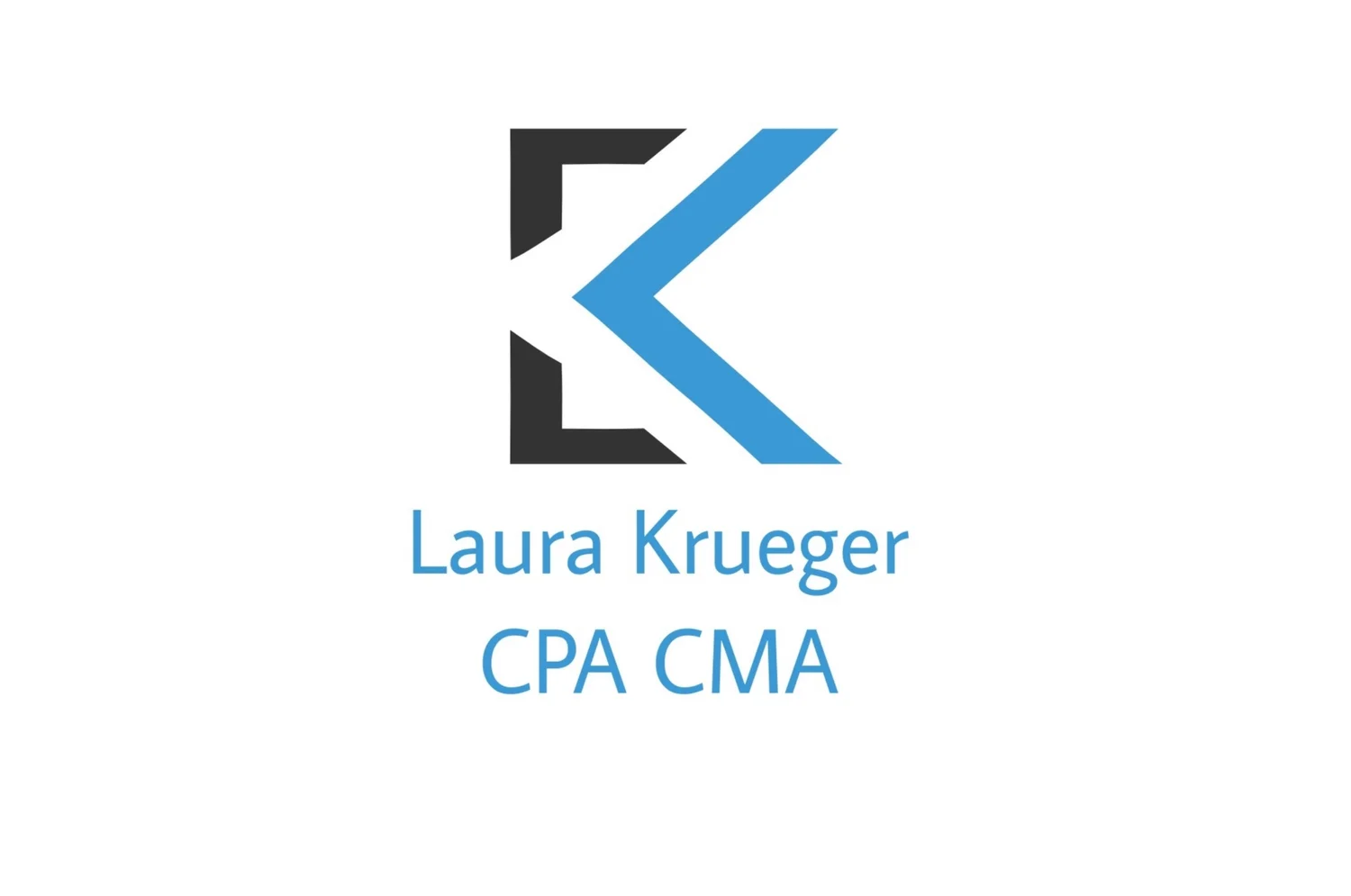What’s in a Name? Controller, CFO, and CAO
/Understanding the role of a controller also necessitates understanding the role of a chief financial officer (CFO ) and how these roles interact. A chief accounting officer (CAO) is generally used as an updated and more precise term for a controller, but it can also be a distinct position separate from the controller.
A controller's primary and most commonly understood role is to manage operations of the accounting and finance function and collaboration with all other operating departments. This collaboration makes the role of controller pivotal in any company.
Some companies employ both a controller and a CAO. In some companies with both roles, the primary responsibility of the CAO is the compilation of accounts and production of figures and with less responsibility for management matters. In other companies, the CAO is a higher level position to whom the Controller reports.
The CFO, the senior finance executive, is in charge of strategic financial direction, corporate governance, risk management, financing, and board liaison. The CFO provides top level financial information to the board and translates the board's strategies into viable financial plans. A controller most often reports to the CFO, although in some companies they report to the chief operating officer (COO) or the chief executive officer (CEO).
The CFO is responsible for the finance function but the day-to-day practice of that function lies with the controller. If the CFO is the strategist, then the Controller is the tactician. The Controller's responsibilities fall into five general areas:
- Management: supervising the accounting staff as well as outsourced accounting activities
- Transactions: ensuring the correct processing of all types of business transactions including invoicing, payables, payroll, cash receipts, disbursements, and controls
- Reporting: preparing the standard monthly financial statements, management reports, and financial measurement and analysis
- Planning: coordinating the annual budget and analyzing variances
- Compliance: overseeing tax reporting, government reports, debt covenants, and accounting standards
Especially in small companies, the existence of both a CFO and a Controller can lead to confusion over responsibilities. There is often crossover between the two since both are engaged in the same area. In small companies, the roles of the CFO may be performed by the Controller or may be split with the owner, CEO, or COO. The controller may take on additional roles such as human resources, IT, and even office management.
Essentially, the Controller is a monitor of the company, keeping senior management and/or owners apprised of the performance of all departments, sales, costs, profits, control issues, and the impact of tax law and other regulations.
The Controller keeps the engines running as well as providing the necessary information to steer the company towards success.

